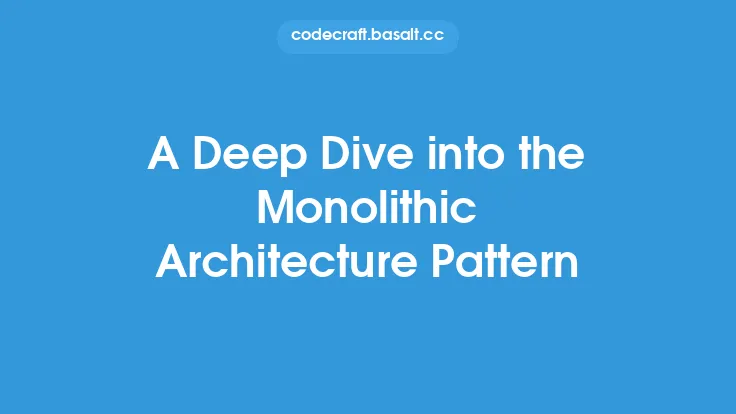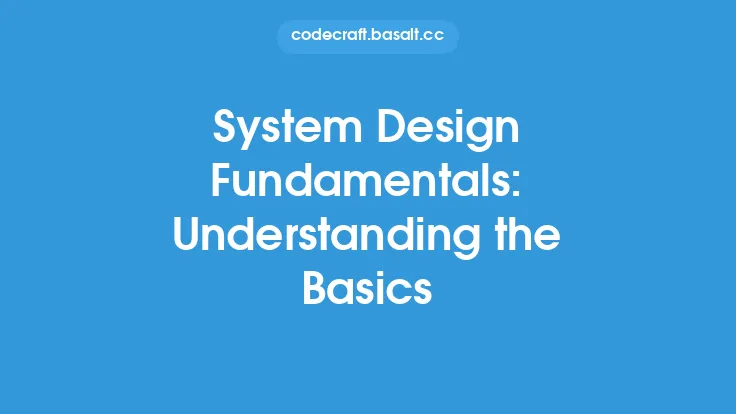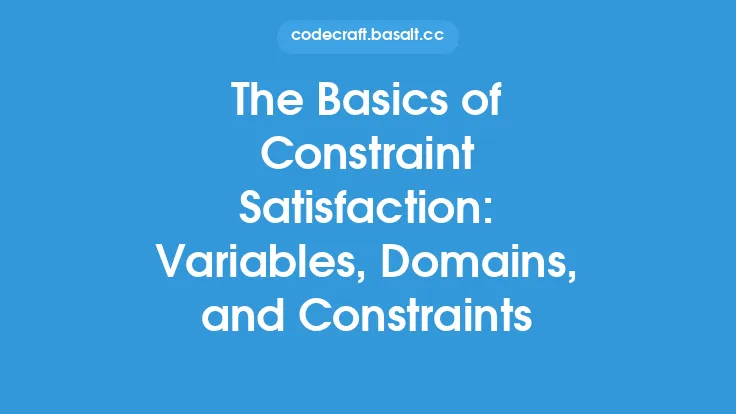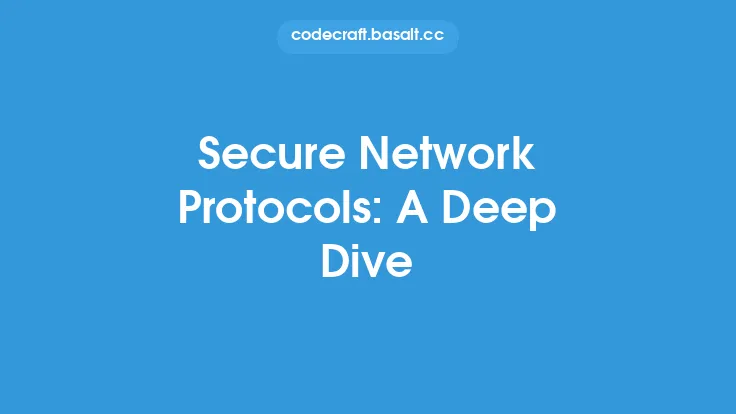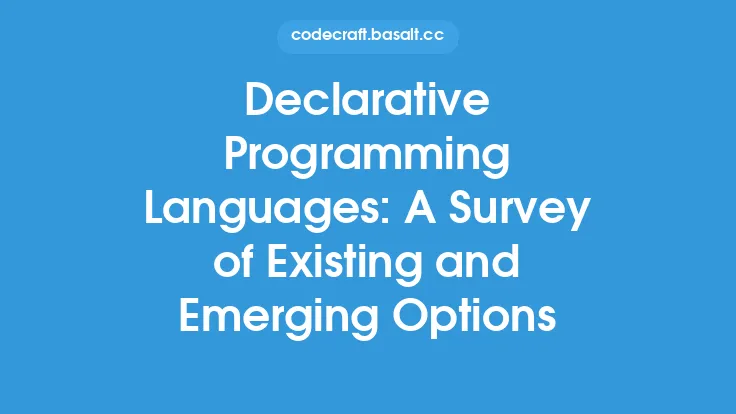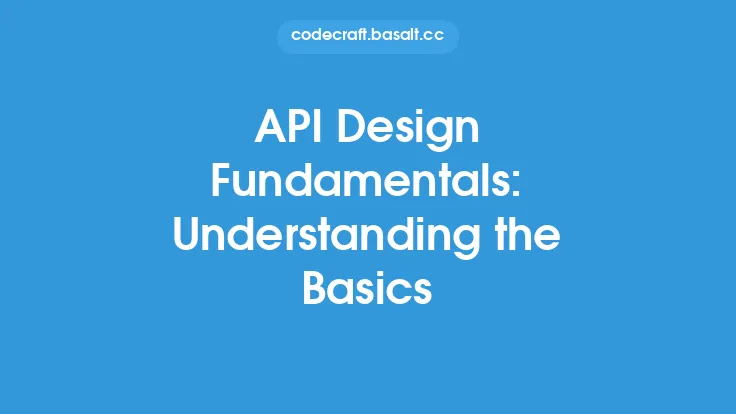Declarative programming is a paradigm that focuses on specifying what the program should accomplish, rather than how it should accomplish it. This approach is in contrast to imperative programming, which emphasizes the steps the program should take to achieve a specific goal. At its core, declarative programming is about defining the desired outcome, and letting the programming language or framework figure out the best way to achieve it.
Key Characteristics
Declarative programming has several key characteristics that distinguish it from other programming paradigms. One of the most important is the emphasis on declarations, rather than statements. In declarative programming, the programmer defines what the program should do, using declarations that specify the desired outcome. For example, in a declarative programming language, a programmer might write a declaration that specifies the structure of a database query, without specifying the exact steps the program should take to execute the query.
Another key characteristic of declarative programming is the use of logical statements, rather than loops and conditional statements. In declarative programming, the programmer defines the rules and constraints that govern the program's behavior, using logical statements that specify the relationships between different variables and data structures. For example, in a declarative programming language, a programmer might write a logical statement that specifies the conditions under which a certain action should be taken, without specifying the exact steps the program should take to perform the action.
Declarative Programming Models
There are several different models of declarative programming, each with its own strengths and weaknesses. One of the most well-known is the functional programming model, which emphasizes the use of pure functions to define the program's behavior. In functional programming, the programmer defines a set of functions that take input and produce output, without modifying the state of the program. This approach is particularly well-suited to declarative programming, since it allows the programmer to define the desired outcome without specifying the exact steps the program should take to achieve it.
Another important model of declarative programming is the logic programming model, which emphasizes the use of logical statements to define the program's behavior. In logic programming, the programmer defines a set of rules and constraints that govern the program's behavior, using logical statements that specify the relationships between different variables and data structures. This approach is particularly well-suited to declarative programming, since it allows the programmer to define the desired outcome without specifying the exact steps the program should take to achieve it.
Declarative Programming Languages
There are several different programming languages that support declarative programming, each with its own strengths and weaknesses. One of the most well-known is Prolog, which is a logic programming language that emphasizes the use of logical statements to define the program's behavior. Prolog is particularly well-suited to declarative programming, since it allows the programmer to define the desired outcome without specifying the exact steps the program should take to achieve it.
Another important programming language that supports declarative programming is SQL, which is a query language that emphasizes the use of declarations to define the structure of database queries. SQL is particularly well-suited to declarative programming, since it allows the programmer to define the desired outcome without specifying the exact steps the program should take to achieve it.
Advantages of Declarative Programming
Declarative programming has several advantages over other programming paradigms. One of the most important is that it allows the programmer to focus on the desired outcome, rather than the steps the program should take to achieve it. This approach can make the programming process more efficient and effective, since it allows the programmer to define the desired outcome without worrying about the details of how to achieve it.
Another advantage of declarative programming is that it can make the program more flexible and adaptable, since it allows the programmer to define the desired outcome without specifying the exact steps the program should take to achieve it. This approach can make it easier to modify the program or add new features, since the programmer can simply define the new desired outcome without having to worry about the details of how to achieve it.
Challenges of Declarative Programming
Declarative programming also has several challenges and limitations. One of the most important is that it can be difficult to learn and master, since it requires a different way of thinking about programming. Declarative programming emphasizes the use of declarations and logical statements, rather than loops and conditional statements, which can be unfamiliar to programmers who are used to imperative programming.
Another challenge of declarative programming is that it can be less efficient than imperative programming, since it requires the programming language or framework to figure out the best way to achieve the desired outcome. This approach can result in slower performance, since the programming language or framework may have to perform additional computations to determine the best way to achieve the desired outcome.
Conclusion
In conclusion, declarative programming is a powerful and flexible programming paradigm that emphasizes the use of declarations and logical statements to define the program's behavior. It has several advantages over other programming paradigms, including the ability to focus on the desired outcome and make the program more flexible and adaptable. However, it also has several challenges and limitations, including the difficulty of learning and mastering the paradigm and the potential for slower performance. Overall, declarative programming is an important and useful programming paradigm that can be used to create efficient, effective, and adaptable software systems.
